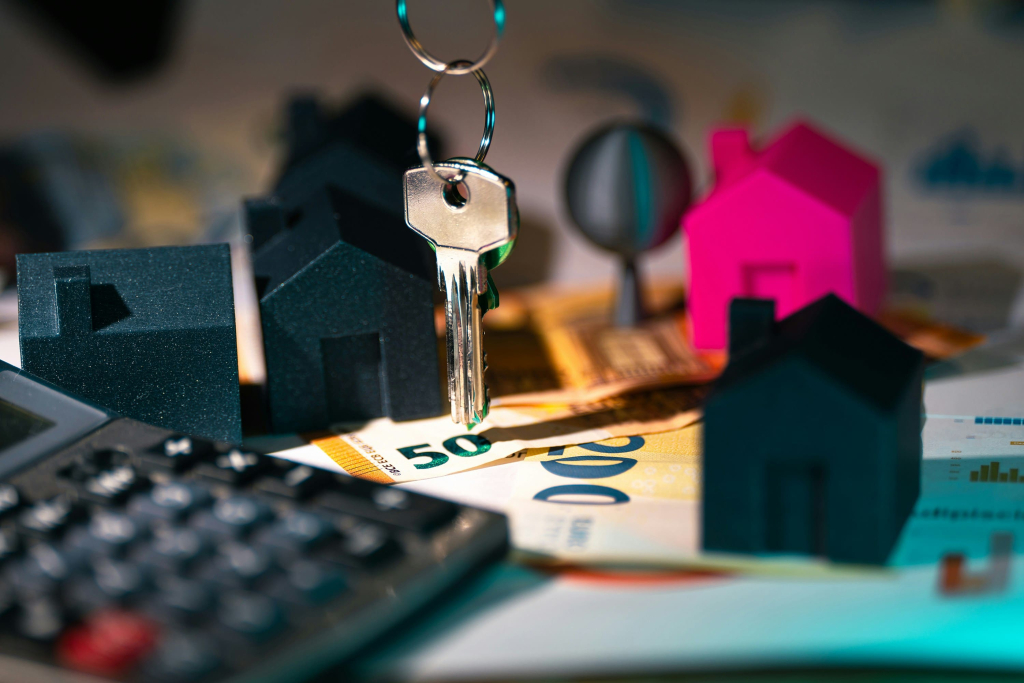Real estate scams in Nigeria have become increasingly sophisticated, targeting individuals and businesses looking to buy, rent, or lease properties. Scammers often pose as agents, landlords, or property developers to collect payments for properties that either don’t exist, don’t belong to them, or are under legal dispute. Recognizing the warning signs early can help prevent financial loss, legal issues, and emotional distress. Here are 5 ways to spot a real estate scam in Nigeria:
1. The Offer Sounds Too Good to Be True
One of the clearest signs of a real estate scam is when a deal appears too attractive or unrealistically cheap. In most cases, scammers intentionally set the price far below market value to capture the buyer’s attention and make them act quickly without proper verification. For instance, a plot of land worth ₦10 million in a developed area may be advertised for ₦3 million with an excuse such as “the owner is relocating abroad” or “we need to sell urgently.” Such explanations are crafted to sound reasonable but are most often false. Fraudsters know that people often fall for emotional stories and the fear of missing a “once-in-a-lifetime opportunity.” Remember, in real estate, if the deal looks too good to be true, it almost always is.
2. Lack of Proper Documentation
Proper documentation is the foundation of every legitimate real estate transaction in Nigeria. Fraudsters often fail to produce authentic documents, or they present forged papers to convince unsuspecting buyers. Understanding what documents to request and how to verify them is crucial. Examples of such documents are: The Certificate of Occupancy (C of O), the Survey Plan, the Deed of Assignment, and the Governor’s Consent. It is not enough for a seller to merely show these documents. Each one must be verified at the appropriate government offices, usually the State Land Registry. Many scammers present photocopies of genuine documents belonging to another person or property. Always cross-check them with the originals and seek a professional’s help before making any payment.
3. Pressure to Pay Quickly
A major warning sign of a real estate scam is unnecessary urgency. Fraudsters are skilled at creating psychological pressure that pushes their victims to make hasty financial commitments. They often claim that other buyers are waiting or that the price will increase soon if payment is not made immediately. This pressure tactic works because most people fear losing a good deal. A trustworthy seller will provide sufficient time for you to review documents, visit the property, and seek legal advice. Always refuse to be rushed into making payments without certainty.
4. Suspicious or Unverified Agents
Real estate scams often involve individuals pretending to be property agents or representatives. Many victims fall prey because these scammers appear confident, knowledgeable, and convincing. However, one can easily identify them through a few warning signs. Legitimate estate agents in Nigeria are most times members of recognized professional bodies such as the Nigerian Institution of Estate Surveyors and Valuers (NIESV), Association of Estate Agents in Nigeria (AEAN), etc. They have verifiable business names, office addresses, and identification cards. Scammers, on the other hand, operate informally without licenses, permanent offices, or traceable records. Fake agents often avoid face-to-face meetings and cannot provide clear details about the property they are selling. Finally, real agents maintain professional transparency.
5. Inaccessible or Nonexistent Property
Another common feature of real estate scams in Nigeria is that the property being sold or rented is either nonexistent or inaccessible to the buyer. Fraudsters often use fake pictures or videos stolen from genuine property listings to advertise homes and lands that they do not own. When a buyer asks to visit the property, the scammer usually provides excuses such as “the landlord is not around,” “the key is with the caretaker,” or “the property is under renovation.” They might also delay inspection dates to gain more time to manipulate the buyer’s trust. To avoid this trap, physical inspection is non-negotiable. Always go to the site in person, preferably with a surveyor or legal professional who can confirm that the land exists and matches the documents presented. If the property is a building, ensure that it is physically accessible and that the seller or agent has legal control over it.
Final Thought
After all inspections and document reviews, the final safeguard is verification before payment. Verification means confirming, through official records and professional channels, that the property and its ownership are legitimate. This involves searching the State Land Registry, where records of ownership, land use, and pending disputes are stored. Such searches will reveal if the property is under acquisition, has been mortgaged, or belongs to another person.
